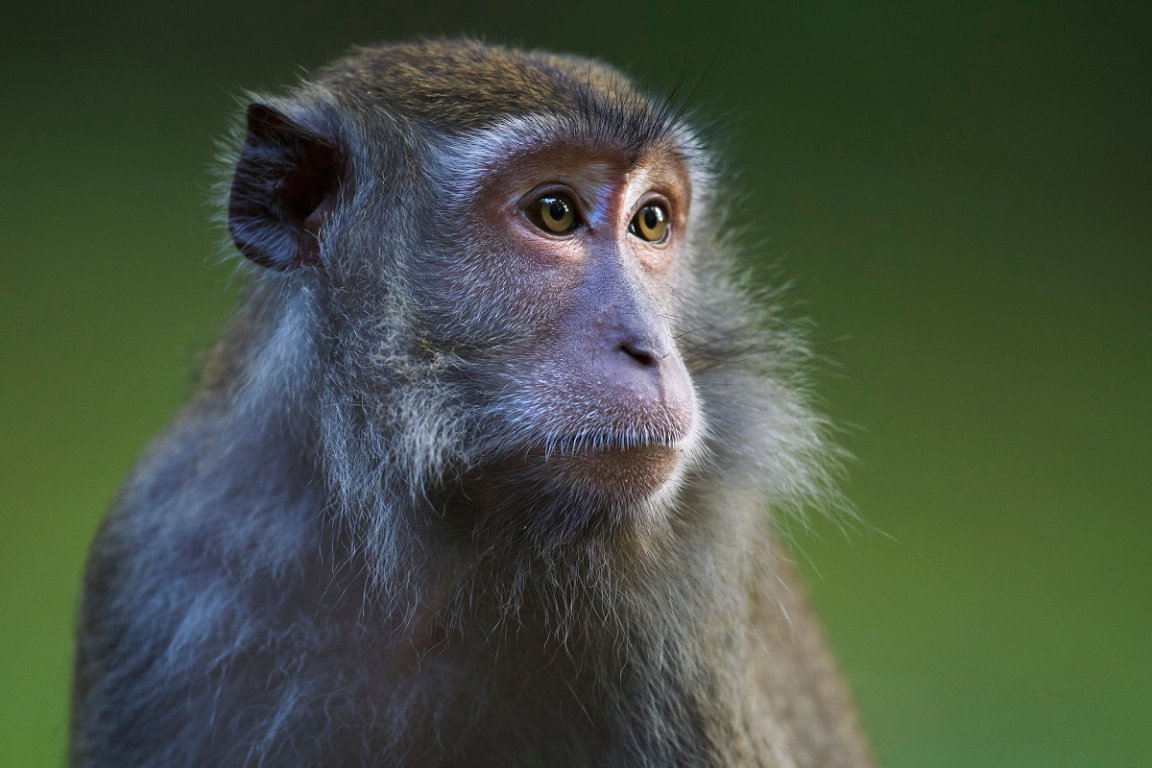
A macaque that received a genetically engineered pig kidney survived for more than two years, researchers said — a key milestone in the endeavor to use transplanted animal organs in humans.
As detailed in a study published in the journal Nature, the researchers used gene-editing in miniature pigs to ensure that their organs, once harvested, wouldn’t harbor dormant viruses or be attacked by the primate recipients after transplantation.
The work is a “proof of principle in non-human primates to say our organ is safe and supports life,” co-author Wenning Qin, a molecular biologist at the US biotech firm eGenesis, told Nature.
Scientists hope that xenotransplantation, the practice of transplanting an organ between different species, could one day relieve the shortage in donor organs. In the US, over 100,000 people are on the organ waiting list, with some 17 people dying as they wait for a transplant each day.
Thankfully, the science is getting closer. Last year, doctors successfully transplanted a genetically engineered pig heart into a living human, though the recipient, a 57-year-old man, passed away two months later. And last month, another middle-aged aged man also received a pig heart. Similar results have been achieved with xenotransplants in human recipients who were considered brain dead.
Though this latest research is limited to non-humans, the post-op lifespan of the monkeys is especially promising.
A total of 69 genes were targeted by the researchers, most of them edited to ensure the recipient’s immune system wouldn’t attack and reject the organ and to nullify dormant viruses buried in the pig genome. A drug treatment was also used on the monkeys to help suppress their immune systems.
One of the key innovations here, however, is the introduction of human genes into the edited pig organs.
In the researcher’s experiments, the 21 monkeys transplanted with kidneys that were not edited to contain human genes lasted only an average of 24 days, and no longer than 50. With the kidneys that did contain human genes, however, the monkeys survived an average of 176 days. Five of those 15 lived for more than a year, and one of them a healthy two years.
While other xenotransplantation experiments have used regular pigs to grow organs, the researchers in this trial used miniature pigs.
A notable departure from common practice, explained Muhammad Mohiuddin, a xenotransplantation surgeon at University of Maryland School of Medicine, to Nature, this circumvents the need to further gene edit regular sized pig organs to prevent them from growing too rapidly in a recipient’s body.
Mohiuddin, who was not a part of the research but was involved in the groundbreaking pig-to-human heart transplant, is an unabashed admirer — and he believes that the technology is ready for human trials.
“It is time for clinical translation of this vital technology, which has the potential to save lives that would otherwise be lost to the shortage of human organs,” he wrote in an editorial on the research, as quoted by The Guardian.
Others in the field urge more patience. Megan Sykes, a transplant immunologist at Columbia University Medical Center cautions that the monkey’s survival time is not “strikingly better than what has been seen before with many fewer gene modifications,” she told Nature.
More on xenotransplants: Doctors Thrilled as Pig Kidney Functions in Human Patient for Two Full Months